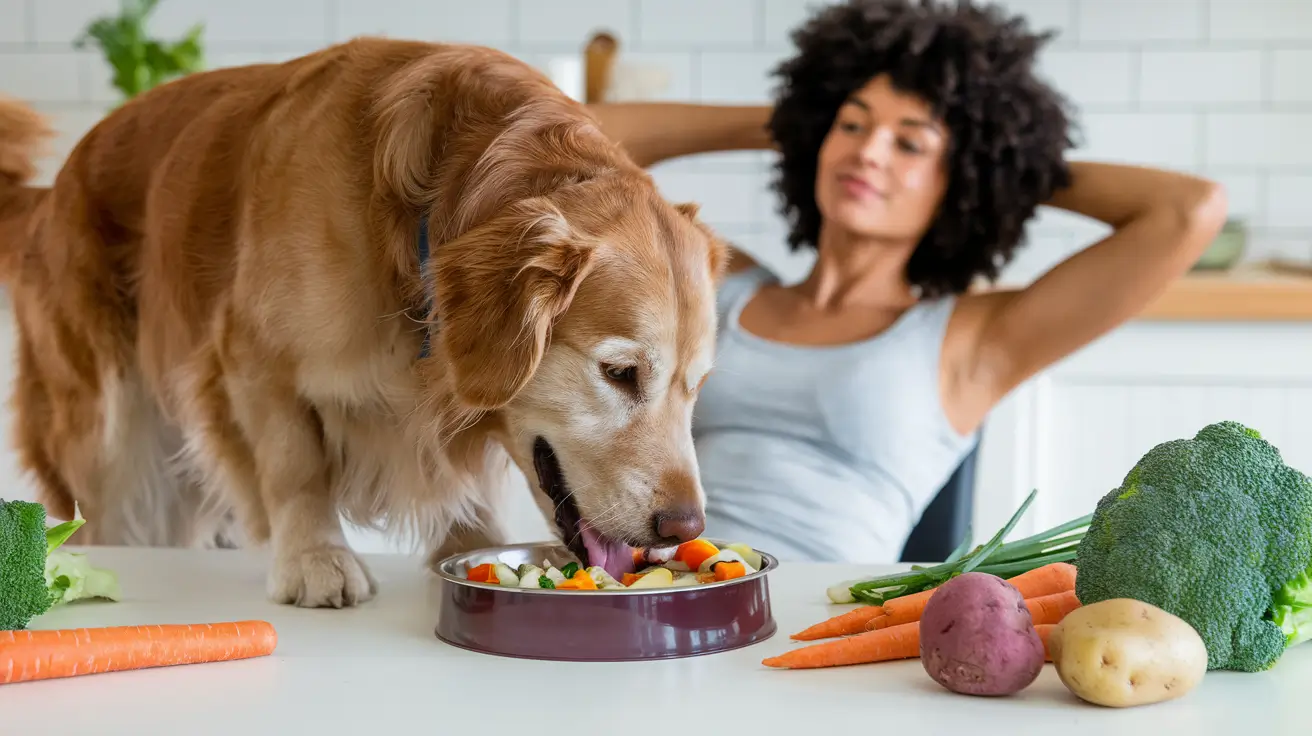Introduction to Dog Flatulence
Dog flatulence is a common issue faced by pet owners, often resulting in surprising and unpleasant odors. While typically harmless, excessive flatulence in dogs can sometimes indicate underlying health issues that require attention. Understanding the causes and potential concerns associated with dog flatulence is crucial for ensuring the well-being of your furry friend.
Dietary Influences on Dog Gas
A dog's diet plays a significant role in their digestive health and can greatly impact the production of gas. Certain foods are known culprits in contributing to flatulence. High-fat and high-fiber diets, for instance, can be difficult for dogs to digest, leading to increased gas production. Spoiled or rotten food can also cause strong, unpleasant odors and discomfort. Additionally, dairy products and spicy foods can irritate a dog's digestive system, exacerbating flatulence. Foods containing non-absorbable sugars and fermentable fibers, such as soybeans and legumes, further contribute to gas production through bacterial fermentation, often resulting in noxious gases.
The Role of Swallowed Air
Swallowing air is another common cause of flatulence in dogs. This can occur when dogs eat too quickly, often due to competitive eating environments or feeding shortly after exercise. Brachycephalic breeds, characterized by their short heads, are particularly prone to swallowing air due to respiratory issues, which can exacerbate flatulence. Ensuring your dog eats at a slower pace and in a calm environment can help mitigate this issue.
Gastrointestinal and Other Health-Related Causes
Medical conditions can also lead to excessive gas in dogs. Gastrointestinal diseases, such as inflammatory bowel disease (IBD) or bacterial infections, often result in persistent and foul-smelling flatulence. Food allergies or sensitivities can cause inflammation in the digestive tract, increasing gas production. In some cases, internal parasites like worms or even intestinal tumors may be the underlying cause of excessive flatulence. These health issues are often accompanied by other symptoms, such as diarrhea, vomiting, and weight loss, necessitating veterinary attention.
Why Dog Farts Smell Unpleasant
The unpleasant odor of dog farts is primarily due to dietary intolerances and bacterial fermentation of nutrients. Foods rich in sulfur can lead to gas that smells like rotten eggs. Additionally, a dog's metabolism plays a role in the smell of their gas, with certain foods being broken down in ways that produce stronger odors.
Recognizing When to Consult a Veterinarian
While occasional flatulence is normal, certain symptoms should prompt a visit to the veterinarian. If your dog experiences smelly gas combined with vomiting, diarrhea, weight loss, lethargy, or a loss of appetite, it is crucial to seek professional advice. These symptoms may indicate a more serious health issue that requires medical intervention.
Remedies for Dog Gas Relief
To alleviate dog flatulence, consider adjusting your dog's diet and feeding habits. Encourage an active lifestyle to promote better digestion and reduce gas. Feeding smaller, more frequent meals in a quiet environment can help minimize the amount of air swallowed during eating. Opt for a highly digestible diet and limit treats to those specifically made for dogs. If necessary, consult your veterinarian about potential medications or dietary changes to address persistent flatulence.
Preventive Measures to Minimize Dog Farting
Preventing excessive flatulence involves promoting an active lifestyle and implementing effective feeding strategies. Ensure your dog's diet is easily digestible and avoid high-fiber treats. Secure garbage cans and restrict your dog's access to spoiled food to prevent them from consuming items that could lead to gas production. By taking these preventive measures, you can help minimize flatulence and improve your dog's overall digestive health.
Conclusion: Managing Dog Flatulence
Understanding and managing dog flatulence is essential for the well-being of both pets and their owners. By recognizing the dietary and health-related causes of flatulence, pet owners can take proactive steps to address and prevent excessive gas. When necessary, seeking professional veterinary advice ensures that any underlying health issues are promptly addressed, allowing for a healthier and happier life for your furry companion.






